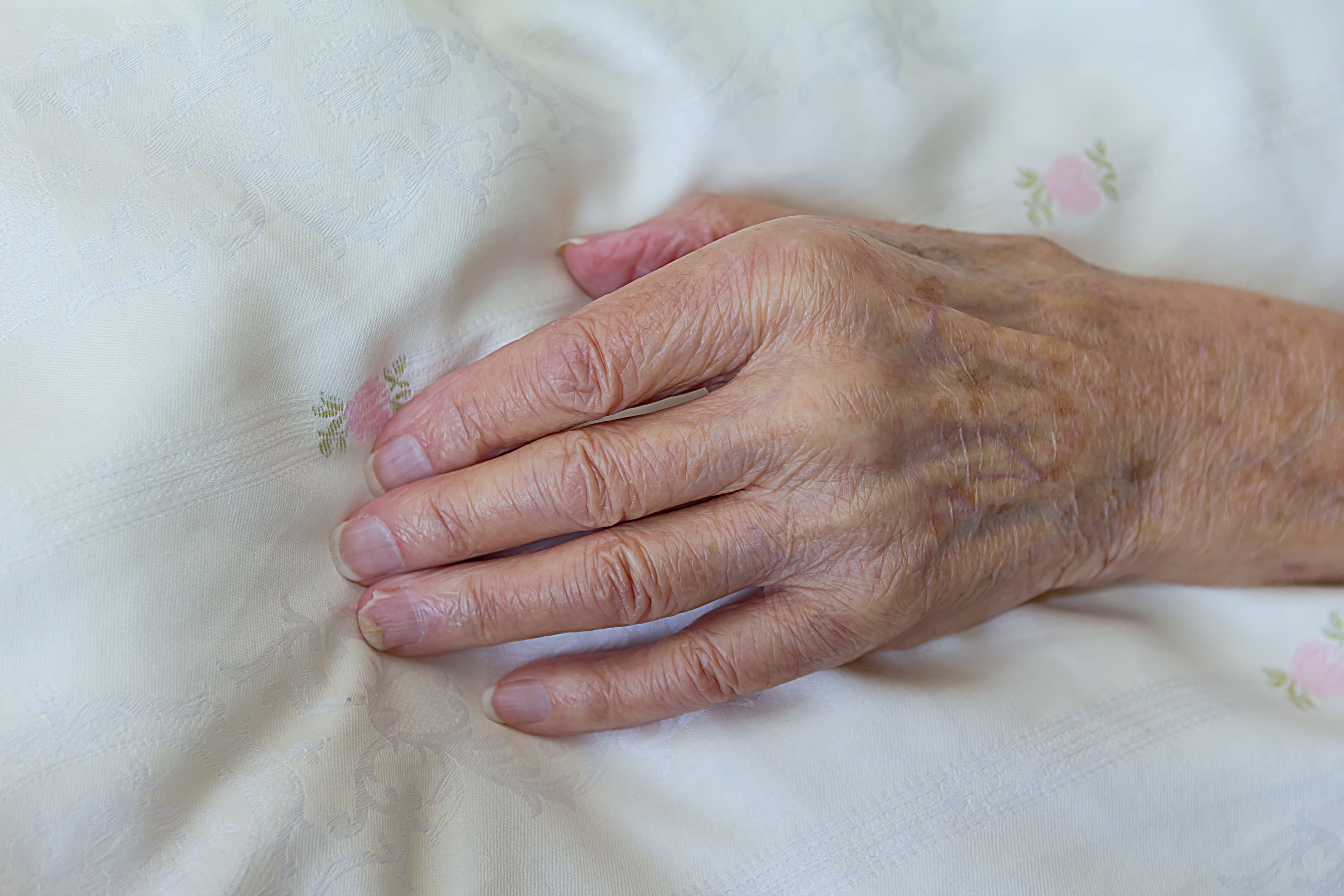
Nursing home abuse and neglect put vulnerable residents at serious risk, leading to malnutrition, dehydration, infections, and preventable injuries. When facilities fail to provide adequate care, residents suffer, and families are left feeling helpless. Lack of supervision, improper medical treatment, and unsafe conditions can result in devastating harm. Understanding the warning signs, knowing your legal rights, and holding negligent facilities accountable are crucial steps in protecting your loved ones. Learn how to take action and seek justice.
March 27, 2025
3 min
When families entrust their loved ones to nursing home care, they rightfully expect basic human needs like proper nutrition will be met. Yet malnutrition remains a silent epidemic in long-term care facilities, affecting between 35-85% of residents according to CDC data. What makes these statistics particularly disturbing is that most cases stem from preventable neglect rather than natural causes. At Michael Hill Trial Law, we specialize in helping families prove when facilities have failed in their fundamental duty to protect residents from starvation-related harm.
The path to malnutrition in nursing homes is typically paved with systemic failures rather than isolated incidents. Chronic understaffing lies at the heart of many cases, where a single aide may be responsible for assisting fifteen or more residents during meal times. This impossible workload leads to rushed feedings, forgotten meals for bedbound residents, and inadequate documentation of nutritional intake. Residents with swallowing disorders face particular danger when facilities neglect to conduct required swallow evaluations or fail to provide necessary dietary modifications like thickened liquids or pureed foods.
The consequences of malnutrition extend far beyond weight loss. When the body is deprived of essential nutrients, a cascade of health complications follows. Rapid depletion of muscle and fat reserves leaves skin vulnerable to painful pressure ulcers. The immune system weakens, making residents more susceptible to infections. Cognitive function often declines more rapidly in malnourished individuals, sometimes mimicking or accelerating dementia symptoms. These physical manifestations create clear documentation trails that our legal team uses to establish neglect.
Proving malnutrition cases requires meticulous investigation of multiple evidence streams. We begin by obtaining and analyzing monthly weight charts, which often reveal disturbing downward trends that went unaddressed by staff. Meal logs frequently show patterns of uneaten food that should have triggered interventions. Staffing records help demonstrate how inadequate personnel contributed to nutritional neglect. Medical records become crucial in connecting malnutrition to specific health declines like pressure ulcers or recurrent infections.
Our legal strategy always involves collaboration with geriatric nutrition experts who can speak authoritatively about caloric and protein deficits. These specialists help quantify exactly how a facility's neglect translated into measurable harm. They also evaluate whether the nursing home met federal F-Tag 325 standards for nutritional care, which mandate regular assessments and individualized meal plans. When facilities violate these regulations, we hold them fully accountable for the consequences.
For families concerned about a loved one's nutritional status, there are important warning signs to watch for during visits. Noticeable changes in how clothing fits can reveal weight loss before it appears on official charts. Meal trays left largely untouched or cold food sitting uneaten tell their own story. The absence of prescribed nutritional supplements in a resident's room often indicates they're not being administered as ordered. Photographic documentation of physical changes over time can become powerful evidence.
When malnutrition is suspected, immediate action is crucial. Families should request an emergency care plan meeting with facility administrators and demand a nutritionist evaluation. Most importantly, they should contact legal counsel promptly because critical evidence like meal logs and staff schedules can disappear. The statute of limitations creates strict deadlines for filing claims, making early consultation essential.
Our firm recently secured a $2.1 million settlement for a family whose mother lost 28% of her body weight due to egregious neglect. The facility had failed to assist her with meals despite her Parkinson's diagnosis, neglected to report drastic weight loss to physicians, and destroyed meal intake records when questions arose. This case exemplifies how we combine compassion for families with relentless pursuit of justice.
What sets our approach apart is the depth of our resources and commitment. We maintain 24/7 availability for case reviews because nutritional emergencies don't keep business hours. Our partnerships with leading nutrition experts give cases scientific credibility. Most importantly, we operate on a contingency basis because financial barriers should never prevent families from seeking justice.
The time to act is now. Every day of delay risks lost evidence and continued harm to vulnerable residents. Contact Michael Hill Trial Law today for a comprehensive case evaluation. Together, we can stop nutritional neglect and ensure your loved one receives the care they deserve. Our firm proudly serves families across the nation from offices in [State/City], bringing decades of specialized experience to every case we handle.
For those seeking more information, we offer educational resources including detailed guides on recognizing malnutrition signs and documenting neglect. These materials empower families to become effective advocates while their legal case progresses. Remember - malnutrition in nursing homes isn't just unfortunate, it's unforgivable, and with proper legal representation, it's actionable.